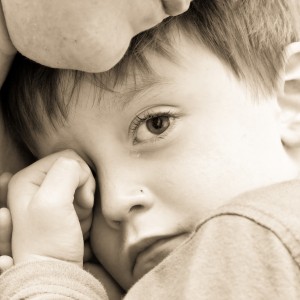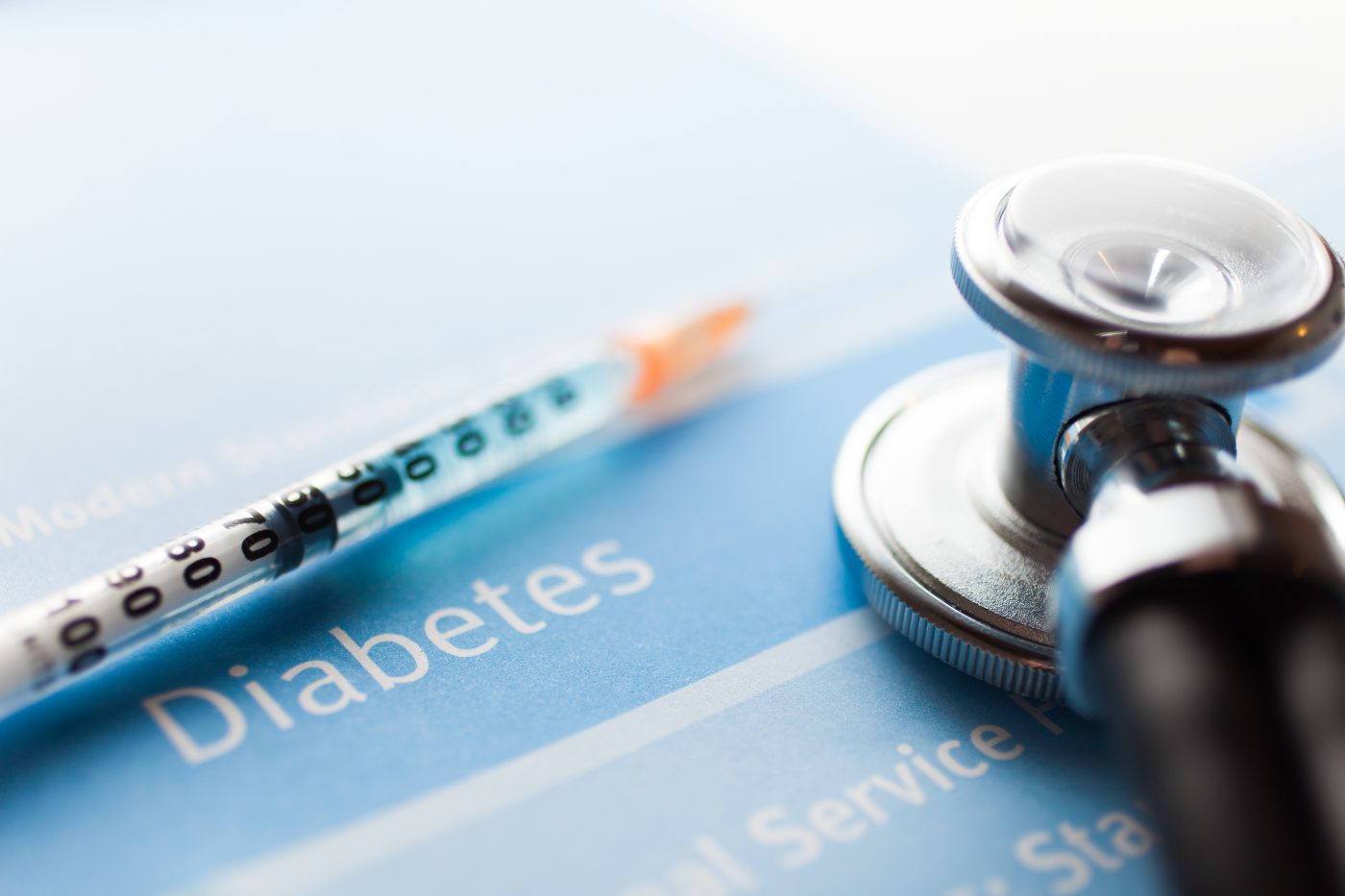 Researchers at Linköping University, Sweden recently published in the journal Diabetologia the finding that a serious life event during childhood increases the risk for the development of type 1 diabetes. The study is entitled “Experience of a serious life event increases the risk for childhood type 1 diabetes: the ABIS population-based prospective cohort study.”
Researchers at Linköping University, Sweden recently published in the journal Diabetologia the finding that a serious life event during childhood increases the risk for the development of type 1 diabetes. The study is entitled “Experience of a serious life event increases the risk for childhood type 1 diabetes: the ABIS population-based prospective cohort study.”
Type 1 diabetes is a chronic condition normally diagnosed in children and young adults, and this form of the disease is present in only 5% of the individuals diagnosed with diabetes. Individuals with type 1 diabetes do not produce insulin, a hormone essential to control blood sugar levels and convert sugar, starches and other foods into energy. Type 1 diabetes has no cure and several factors are thought to contribute to disease development, including genetic factors. Researchers have now suggested that psychological stress during childhood may also be a risk factor for type 1 diabetes.
The research team analyzed data from 10,495 participants in the population-based study All Babies in Southeast Sweden (ABIS), which included babies born between October 1997 and September 1999. None of the participants had been diagnosed with type 1 diabetes when they enrolled on the study. 58 children were subsequently diagnosed with the condition. Family psychological stress was evaluated through questionnaires provided to the parents assessing serious life events, parental worries, parenting stress and the parent’s social support.
Researchers found that the risk of a child developing type 1 diabetes before the age of 14 years was three times higher in children who have experienced a serious life event, such as illness or death, a new child or adult in the family core or a family conflict, in comparison with children who had not experienced similar life events. Children experiencing traumatic life events still exhibited a higher risk of future diagnosis of type 1 diabetes when variables like the size for gestational age, age at entry into the study, childhood body mass index (BMI), heredity of type 1 or 2 diabetes and parents’ education level was taken into account.
“Our results give us strong reason to believe that psychological stress probably plays a part somewhere in the immunological process leading to the onset of type 1 diabetes,” explained the study’s lead author Maria Nygren in a news release.
After adjusting the results for variables like age at entry in the study, BMI heredity and other factors, events like “conflict at home” and “new family structure” (a divorce for instance) were found to be not significantly associated with an increased risk for diabetes. Parenting stress, parental worries and social support were also found to not be correlated with a higher diabetes risk in children.
The researchers concluded that experiencing a serious life event in childhood could be a risk factor for type 1 diabetes. Despite these findings, the overall risk of developing type 1 diabetes is still reduced. “Even though we found an increase in risk in the group of children who experienced one or more serious life events, the absolute risk to develop type 1 diabetes is still small,” noted Nygren.
The research team suggests that further studies should be performed focused on psychological stress as a risk factor for type 1 diabetes development. “Psychological stress should be investigated in more detail concerning where in the immunological process it may be important, and what other environmental factors may interact with stress,” concluded Nygren.


